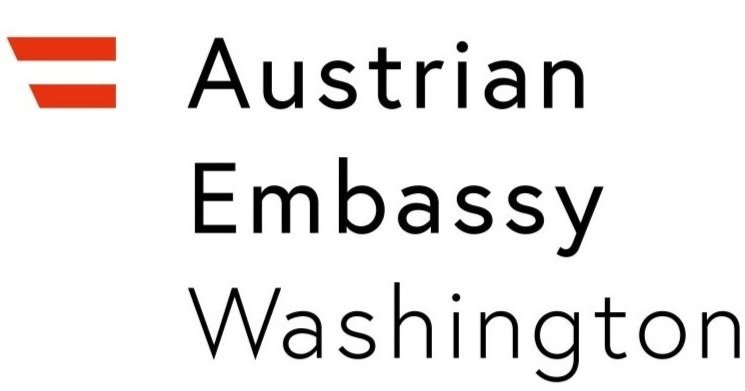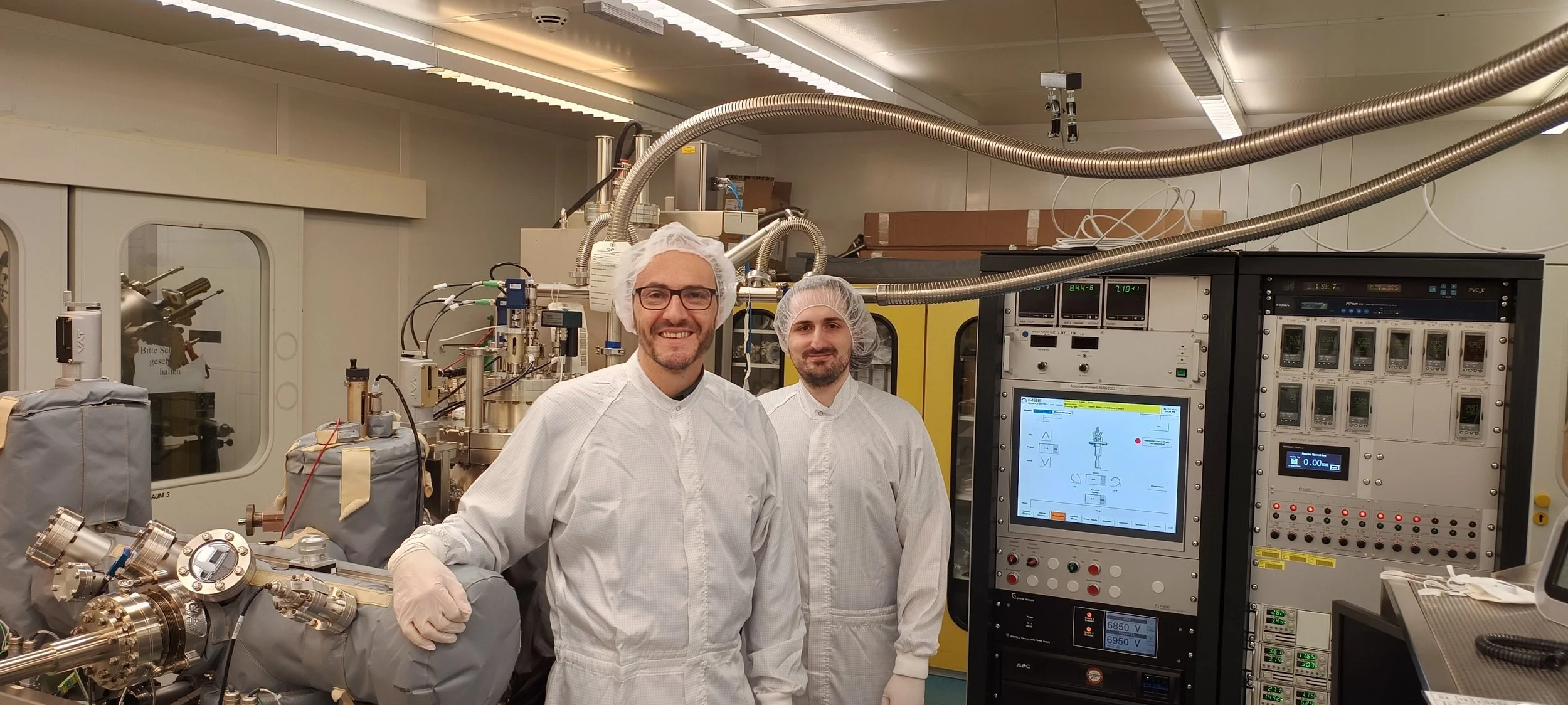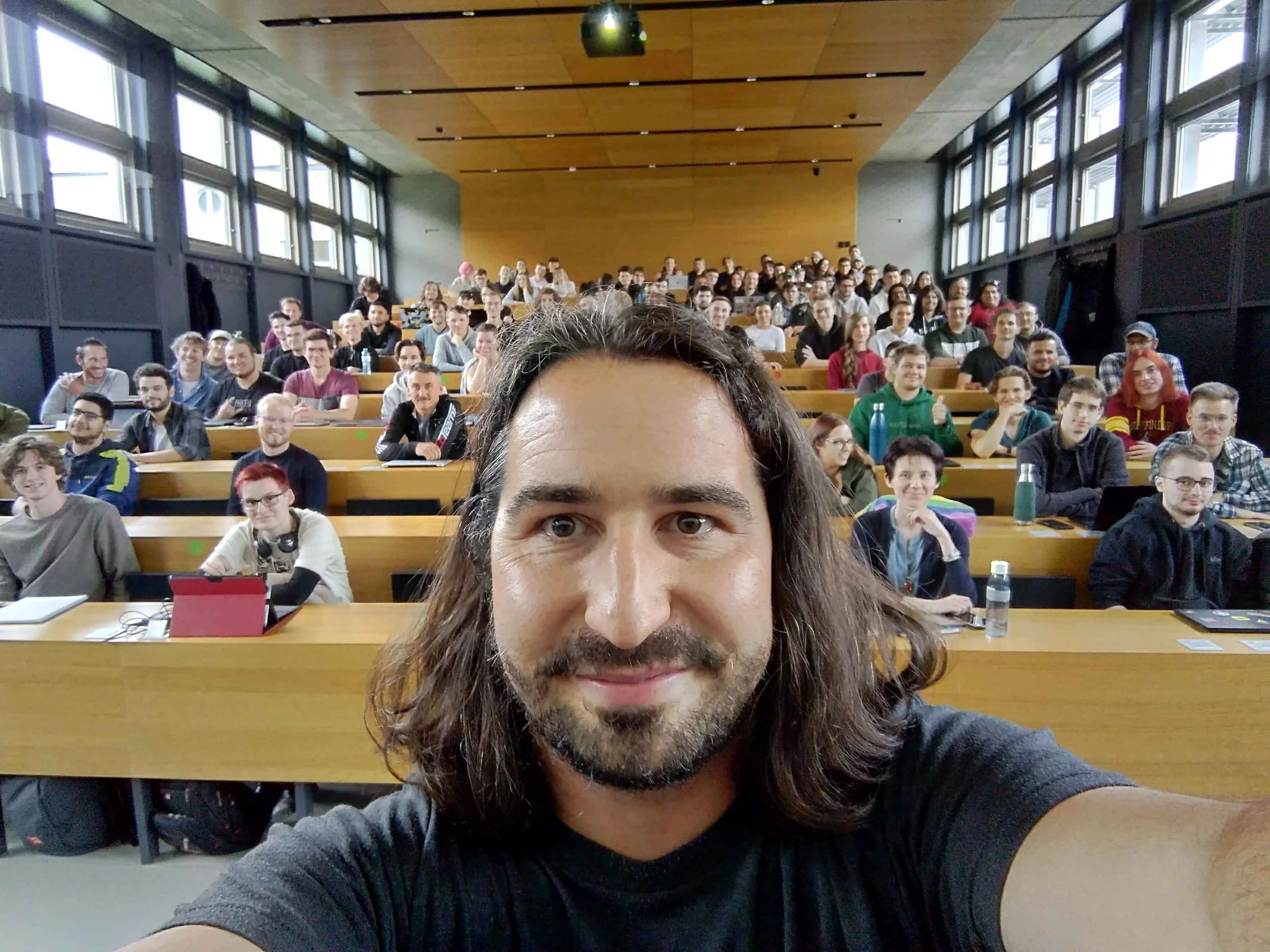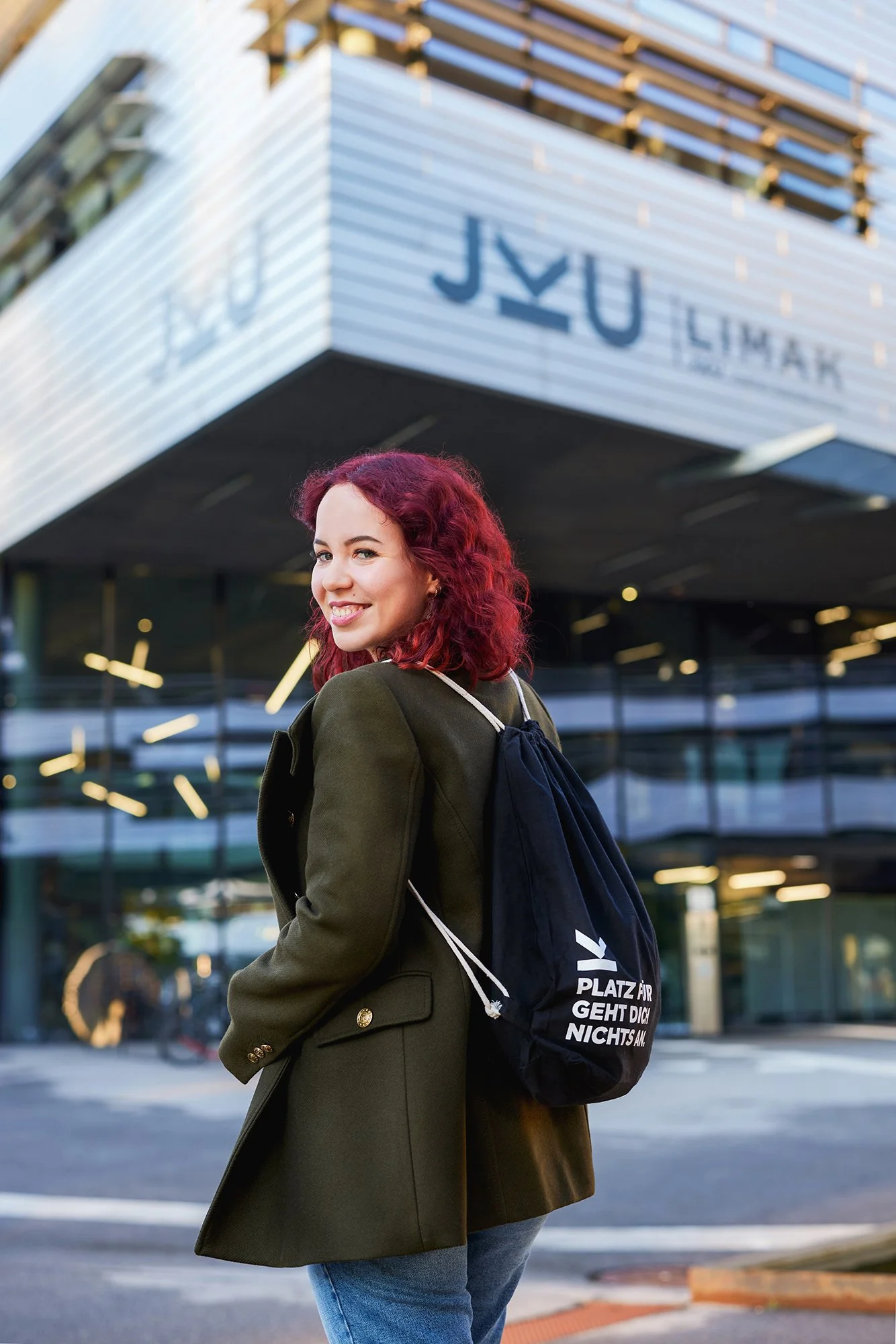Searching for Reality - Quantum Research and Education at the Johannes Kepler University Linz
Quantum research has revolutionized how we understand the pillars of reality; rather than being a precisely calculating Newtonian Clockwork Universe, the universe adheres to laws that are diametrically opposed to our everyday experience. Yet quantum research in particular has resulted in tremendous advancements - and continues to do so. In that vein, quantum research has long been an integral part of research and education at the Johannes Kepler University Linz (JKU).
In addition to a number of cross-disciplinary subject areas, quantum researchers in the field of Semiconductor Physics at the JKU are using special growth methods to produce, characterize and apply semiconductor-based nanostructures.
Armando Rastelli's research group focuses on developing and fine-tuning high-quality gallium arsenide quantum dots capable of forming single photons and entangled photon pairs “on demand.” The potential applications range from fundamental research to quantum communications.
JKU researchers are also involved in several collaborative projects and studies with European partners, including the University of Roma Sapienza and the University of Cambridge, to conduct a series of research studies designed to investigate whether or not quantum dots can be used as nodes for quantum networks. Together with researchers at the University of Innsbruck, JKU researchers are working on coupled quantum emitters to simulate natural energy harvesting systems.
Armando Rastelli and Ailton Garcia Jr.
Photo: JKU
Multiple Ongoing Projects
As part of an award-winning Austrian Science Fund (FWF) START project and other projects, a research group under the leadership of Moritz Brehm is working on creating a new class of quantum emitters in silicon. The objective is to capture light with wavelengths proven compatible with conventional optical communication systems.
Under the leadership of JKU Vice-Rector for Research, Alberta Bonanni, scientists in the Quantum Materials Group pursue research on quantum materials, particularly semiconductor and two-dimensional materials, and emerging phenomena in heterostructures.
To this end, they are focusing on producing III-nitrides and 2D-layered materials, as well as investigating quantum mechanical processes that will open the door to new technologies, such as high-speed computers, more energy-efficient chips, and improved sensor efficiency.
Richard Küng (Department of Quantum Computing in the field of Computer Science) is focusing on a number of projects and studies, including “q-shadows”, which apply a unified approach taking all computer technology resources (quantum and conventional computers) into account. Together with his team, Küng is using next-generation quantum hardware that can describe real quantum effects so they can devise scalable methods to potentially solve information transmission constraints by converting quantum information into conventional information. The project is scheduled to continue to 2029 and was awarded an ERC grant, the European Union's most prestigious accolade reserved for up-and-coming junior researchers.
As part of an Austrian Research Promotion Agency (FFG) flagship program titled High-Performance Integrated Quantum Computing (HPQC), for the first time in Europe, a quantum computer will be connected directly to a High-Performance Computing Center (HPC). By building on an existing infrastructure in Innsbruck, a new quantum acceleration environment is being created to link quantum computers and HPCs, allowing specifically developed quantum-suitable code acceleration structures to provide proof-of-concept on hybrid infrastructure.
Richard Küng is also working alongside Johannes Kofler on other projects. Johannes Kofler is involved in quantum metrology research, using entangled quantum states and artificial intelligence methods (reinforcement learning) to create quantum circuits that can determine physical parameters faster and more accurately than conventional technologies.
In addition, several other Austrian Research Promotion Agency (FFG) quantum Austria projects involving the JKU and under the leadership of both researchers are currently ongoing.
Lecture selfie with Richard Küng
Photo: Richard Küng
Learning About the Quantum World
The JKU is committed to both providing its students with a solid educational background in quantum theory as well as conducting advanced research in the field. Each fall semester, over 150 students enroll in a course at JKU titled Introduction to Quantum Computing, followed by Special Topics - Quantum Information during the Summer Semester (in which 70 students are currently enrolled). The courses have been very well received and the numbers reflect a high level of interest among students. Advanced Topics in Quantum Information is a new pilot project launched last year by the JKU together with the University of Innsbruck, the University of Vienna, and Vienna University of Technology, giving students a decentralized perspective into the research being conducted at all of the participating universities.
Research Experiment
Photo: JKU
The Third Mission – Quantum Science and the Wider Public
The JKU aims to raise more awareness about quantum research outside of academia and convey just how important this type of research is, particularly as 2025 marks the International Year of Quantum Science and Technology. The university organized a number of publicly accessible activities and events designed to illustrate how quantum science and quantum technology impact and shape our everyday lives. There was, for example, a new quantum concert during the 2024 Ars Electronica Festival entitled BruQner - The Sound of Entanglement using quantum-entangled light particles to perform a variation of Bruckner's Perger Präludium and played simultaneously by two organists. More than 3000 visitors attended this world premiere in Austria’s largest cathedral. In February, Nobel Laureate Anton Zeilinger held a special presentation for JKU students focusing on the world of quantum science. The fact that over 1,300 guests attended the presentation is a testament to the high level of interest these types of activities generate.
Quantum research and education is a fundamental part of education at the JKU, driven by our researchers’ unwavering sense of curiosity, their quest for knowledge, and their steadfast determination to better understand the foundations of reality. In keeping with the words of Max Planck: “Compared with immeasurably rich, ever young Nature, advanced as man may be in scientific knowledge and insight, he must forever remain the wondering child and must constantly be prepared for new surprises.”
About the Johannes Kepler University Linz
The Johannes Kepler University Linz (JKU) is rooted in regional tradition but endowed with a strong international perspective. The university's core areas of expertise include technology (engineering, computer sciences, natural sciences), social sciences, business administration & economics, education, law, and medicine. Over 5,800 students are enrolled in over 34 cutting-edge academic degree programs at the Faculty of Engineering and Natural Sciences, a particularly active and influential Faculty at the JKU. The JKU not only introduced Austria's first academic degree programs in Computer Sciences and Mechatronics, the JKU also established the interdisciplinary and pioneering Institute of Biomedical Mechatronics.
The JKU is, after all, setting new standards across the board. Austria's first academic degree programs in Artificial Intelligence, Medical Engineering, and the first medical degree program in Austria offered as part of the Bachelor's/Master's system exemplify the university's commitment to continually - and critically - reflect and persistently challenge itself.
Above all, the JKU’s aspirations for the future include actively involving its 25,000 students and its research community in driving technological advancements forward, as well as serving humanity and improving our environment.
Photos: Doris Himmelbauer






